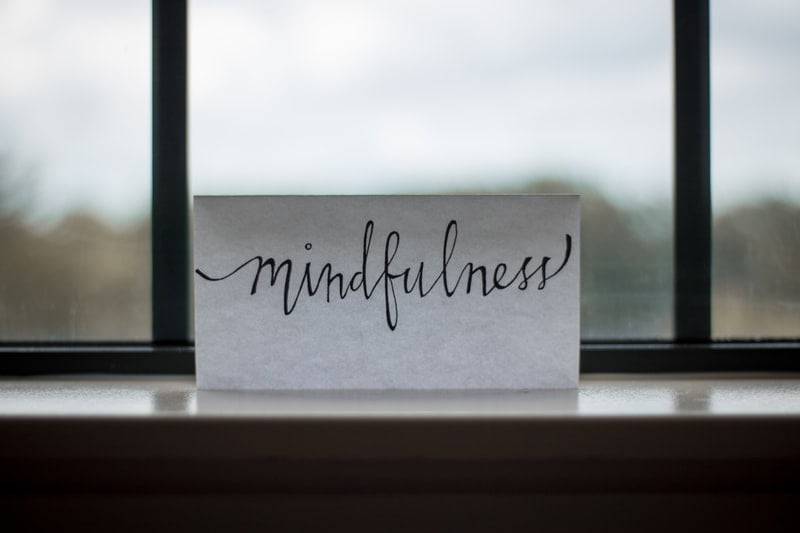
If you find that you are suffering from a type of mental disorder, whether it be schizophrenia, depression, anxiety, or bipolar disorder, coupled with a substance abuse issue, this might mean that you need a different type of therapy modality than others in drug or alcohol recovery.
If some people just are focusing on one issue – such as addiction – their therapy modality may be more one-track focused. However, if you have a dual diagnosis and are suffering from co-occurring disorders, this oftentimes means that you would highly benefit from attending a dual diagnosis treatment center instead of solely an alcohol/drug rehab center.
A dual diagnosis treatment center has the ability and resources to help you treat both issues at the same time. By figuring out the cause of your mental condition, what is causing you to avoid taking medication, and what is driving you to use substances, you can see if your mental condition and substance abuse are fueling the other.
Oftentimes, treatment centers find that patients that have a dual diagnosis are typically using drugs because they have an untreated mental condition that is causing them to make unsafe and unhealthy decisions.
To get clean and mentally healthy, attending a dual diagnosis treatment center is often your best bet for leading a happy life. Let’s see some of the most common treatment modalities you will find at a dual diagnosis treatment center that can help you get your life back on track!
Most common therapy modalities offered at a dual diagnosis treatment center
1. Behavioral therapy
One of the most common treatment types offered at a dual diagnosis treatment center is behavioral therapy. This common therapy method focuses on patients and counselors who speak about the untreated mental disorder of the patient.
Mental conditions can have a wide range, from a condition that can be easily treated with medication that does not drastically affect someone’s life, to a disorder that may cause a person to require full-time supervision and hospitalization.
Behavioral therapy can help figure out the triggers of one’s behavior, identify what is causing them to act a certain way, and determine medication or treatment that may help the individual change the unhealthy behaviors in their life.
2. Trauma therapy
The second type of therapy that you will typically find at a dual diagnosis treatment center is trauma therapy. This type of therapy modality is the best way that you can deal with something that happened in your past, whether it was sexual assault, abuse, or an accident that has caused you to have mental issues later in your life.
3. Family therapy
If your family has an unhealthy dynamic or you have never had a strong relationship with your loved ones, then you might find that family therapy at a dual diagnosis treatment center can help you solve unhealed wounds.
Conclusion
To get your life back on track, get clean, and remain mentally healthy, it can be beneficial for those with co-occurring disorders to attend a dual diagnosis treatment center to find the root cause of their mental health problems and their substance abuse.
And, here’s the bonus for you:
Don’t forget to step up further in your mental healing journey by checking out our exclusive guide on stopping an anxiety attack.
Read Also:






























